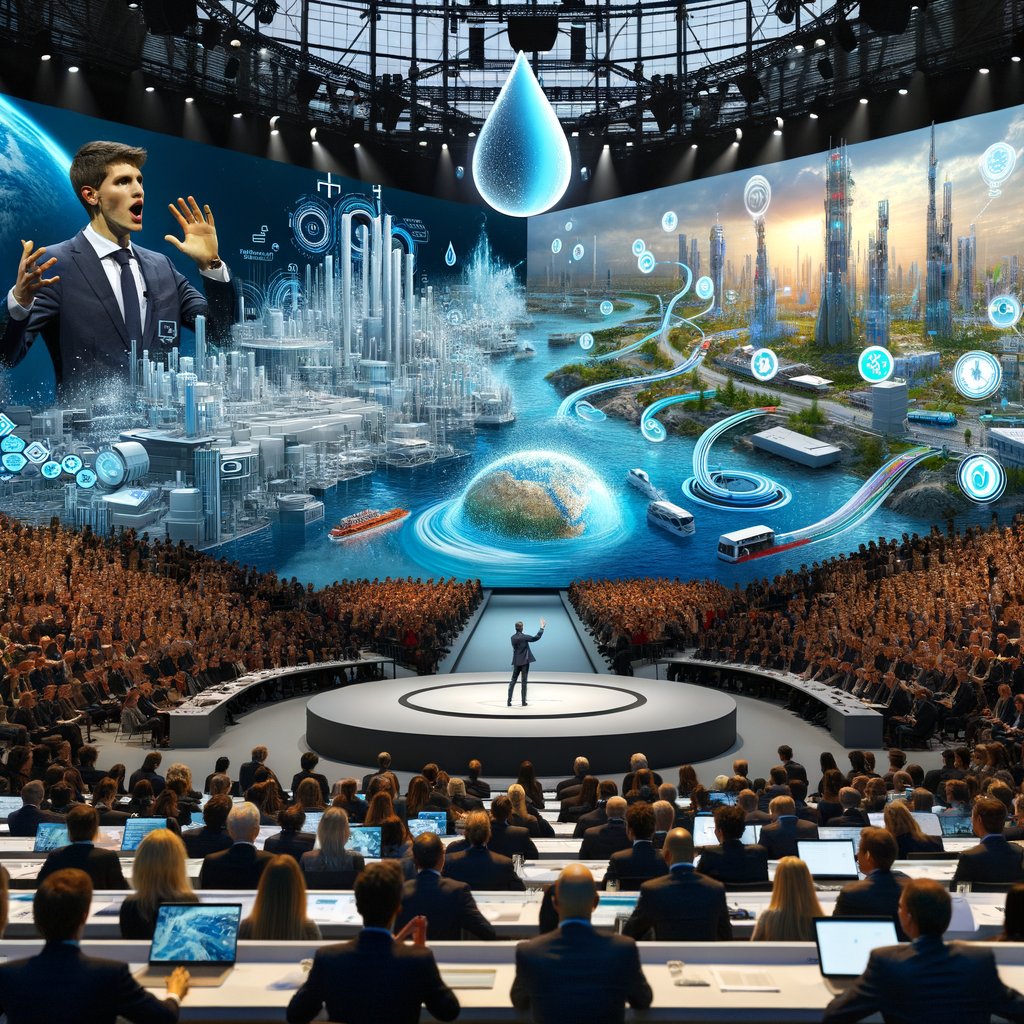Image created by AI
Rhetoric vs Reality: AfriForum Criticizes President Ramaphosa’s Address on South Africa’s Water Crisis
President Cyril Ramaphosa recently spoke at the Department of Water and Sanitation’s (DWS) Indaba, held on March 27 and 28 at the Gallagher Convention Centre in Midrand, promising swift actions to address the severe water crisis facing South Africa. However, his assurances have sparked criticism from AfriForum, which accuses the president of using the event for political grandstanding rather than implementing actual solutions.
During the Indaba, the DWS aimed to set a collaborative tone, emphasizing the government's commitment to overcoming various challenges within the water sector, including ageing infrastructure, management issues, criminal activities, and uncontrolled urban expansion. Despite these objectives, Marais de Vaal from AfriForum expressed skepticism about the government’s approach, highlighting that many of the issues stem from long-standing governance problems under the ANC administration.
AfriForum’s disappointment was further fueled by their exclusion from the Indaba discussions, despite previous announcements from Deputy President Paul Mashatile and former Minister of Water and Sanitation, Senzo Mchunu, about including civil society in the water task force. This exclusion has led to diminished trust in the government's intentions and capabilities.
Experts from various fields were invited to the Indaba, yet the absence of critical voices such as AfriForum’s raises questions about the inclusivity and transparency of the government's efforts. AfriForum insists that without significant governance reforms, and accountability for those neglecting their duties in water management, no sustainable progress can be made. They advocate for the integration of skilled individuals and the inclusion of private and civil sectors in crafting practical, community-focused solutions.
The critique from AfriForum comes at a time when South Africa grapples with escalating challenges in water distribution and quality, affecting millions of its citizens. The organization urges a reevaluation of strategies and a move towards more genuine collaboration and less political posturing to truly address the critical water shortages and infrastructural decay plaguing the nation.










